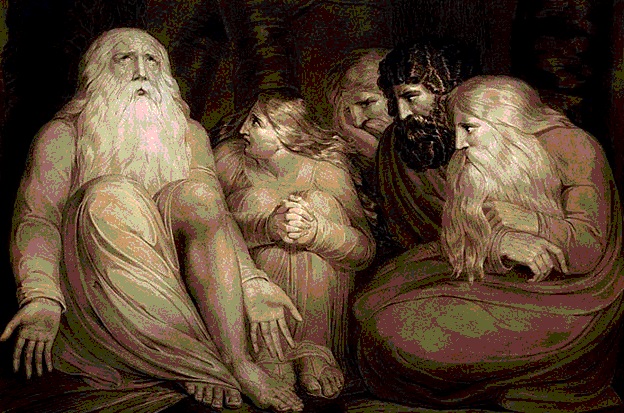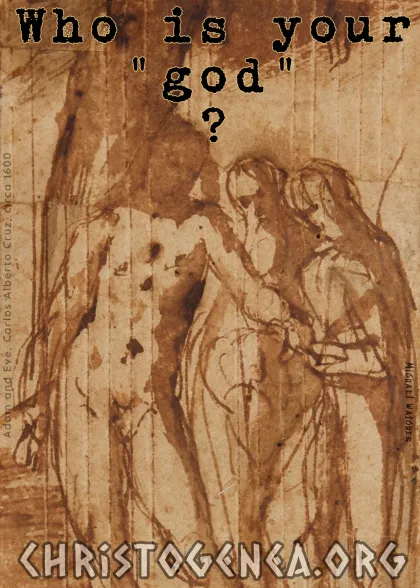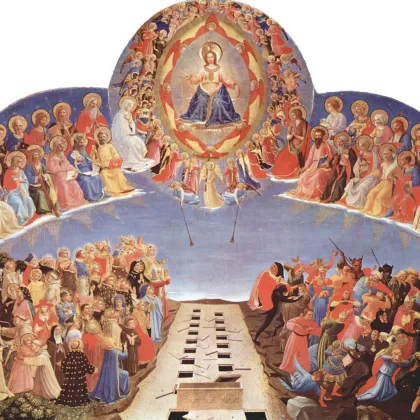Warning: This video is graphic. It contains scenes of brutal sexual violence. This authentically represents the behavior of African negros wherever they exist outside of the rule of the White man's law.
In spite of the Hollywood propaganda, the ancient Greeks and Romans hardly knew the African negro, except perhaps as a passing spectacle in the desert or by the surviving population of mixed races in certain places in Egypt. One literary example which demonstrates the truth of this assertion is found in the Library of History, Book 3, by the ancient Greek historian Diodorus Siculus, whose work was published around 36 BC.
After describing the cultured people of Ethiopia, who were originally not black and who had many things in common with the rest of the civilized world, Diodorus says in Book 3 chapter 8:
"1 But there are also a great many other tribes of the Ethiopians, some of them dwelling in the land lying on both banks of the Nile and on the islands in the river, others inhabiting the neighbouring country of Arabia, and still others residing in the interior of Libya. 2 The majority of them, and especially those who dwell along the river, are black in colour and have flat noses and woolly hair. As for their spirit they are entirely savage and display the nature of a wild beast, not so much, however, in their temper as in their ways of living; for they are squalid all over their bodies, they keep their nails very long like the wild beasts, and are as far removed as possible from human kindness to one another; 3 and speaking as they do with a shrill voice and cultivating none of the practices of civilized life as these are found among the rest of mankind, they present a striking contrast when considered in the light of our own customs." (Library of History, 3.8.1)
What Diodorus described sounds exactly like what is seen in this video, or today in the streets of Atlanta, New Orleans, Memphis, Philadelphia, Baltimore, Cleveland, Detroit and most other American cities on a regular basis.



 Once again, Clifton Emahiser joins William Finck to discuss a series of essays addressing those who would claim that there is no such an entity as Satan.
Once again, Clifton Emahiser joins William Finck to discuss a series of essays addressing those who would claim that there is no such an entity as Satan.











 Please click here for our mailing list sign-up page.
Please click here for our mailing list sign-up page.








Recent comments